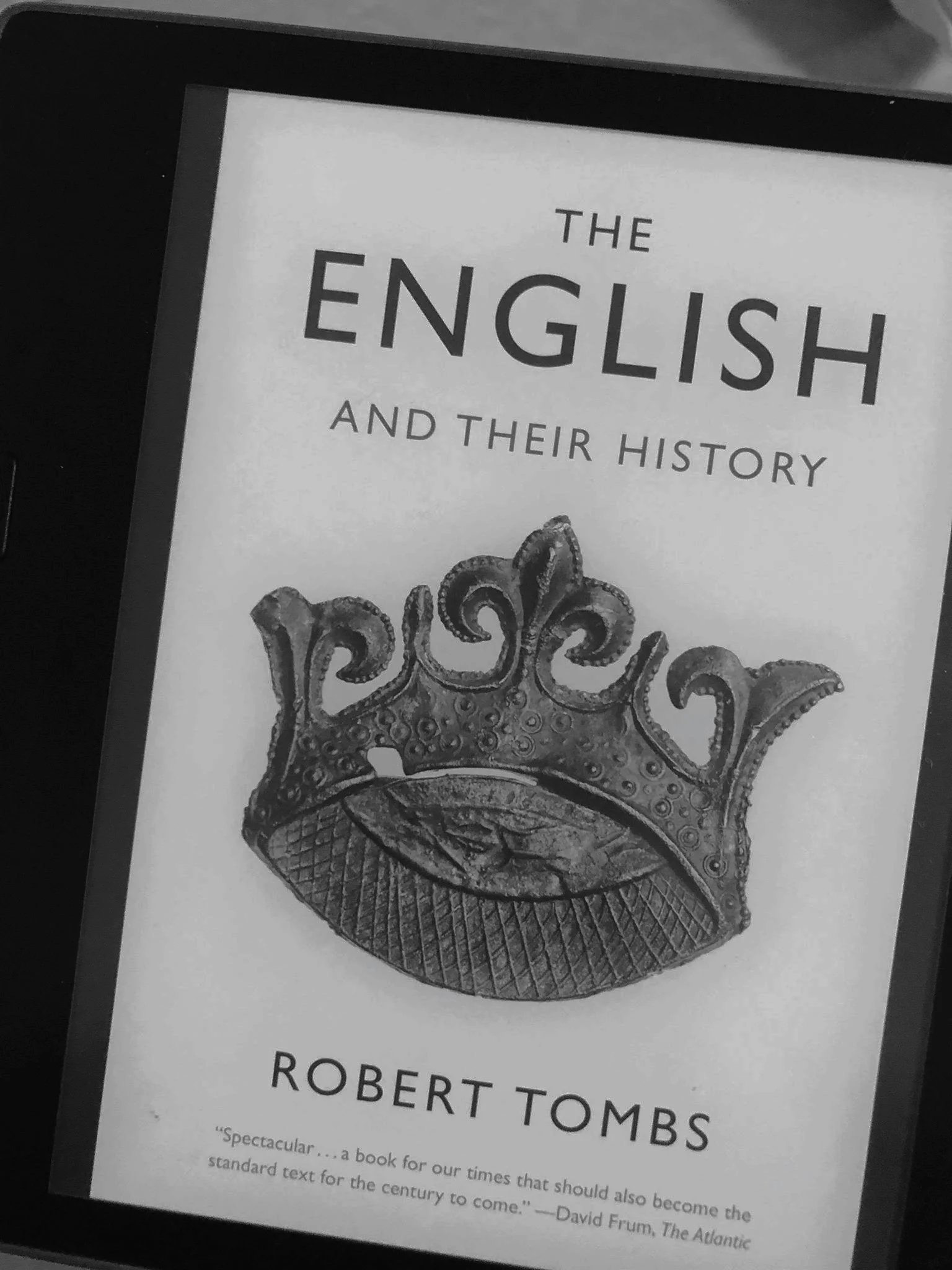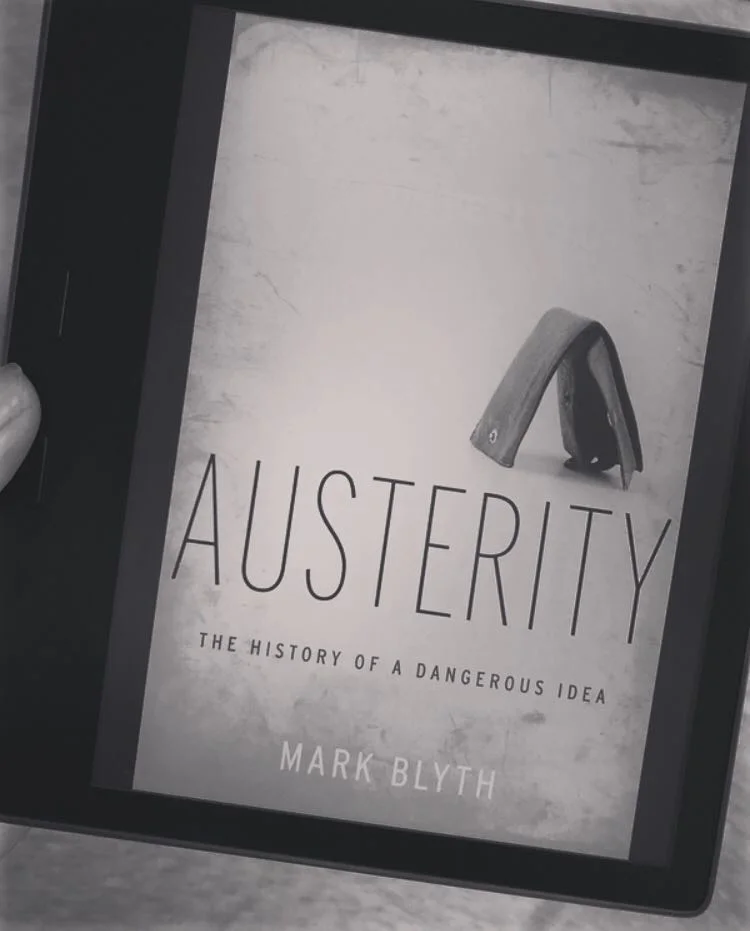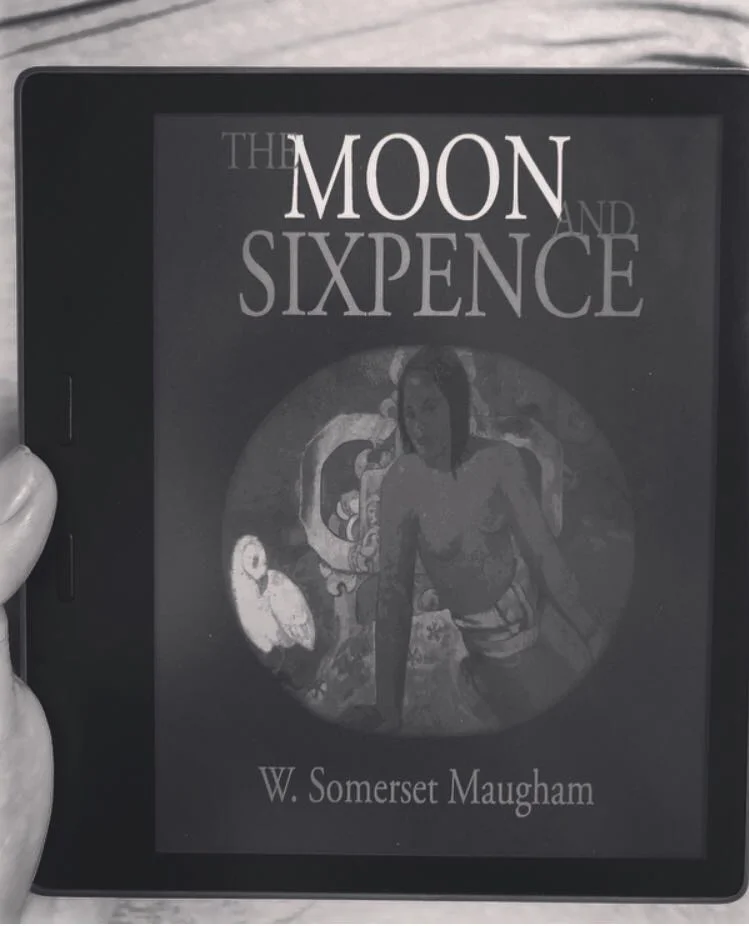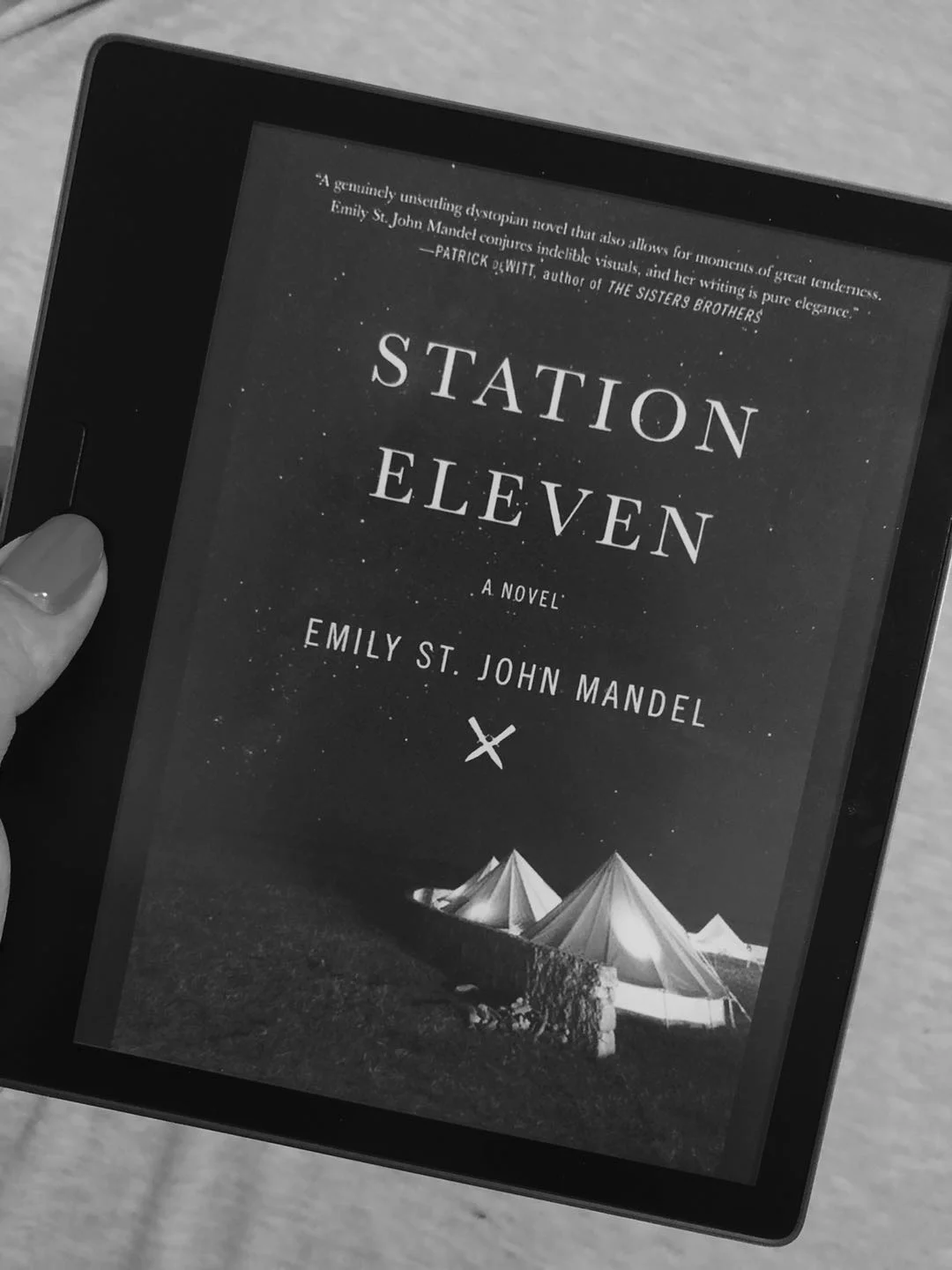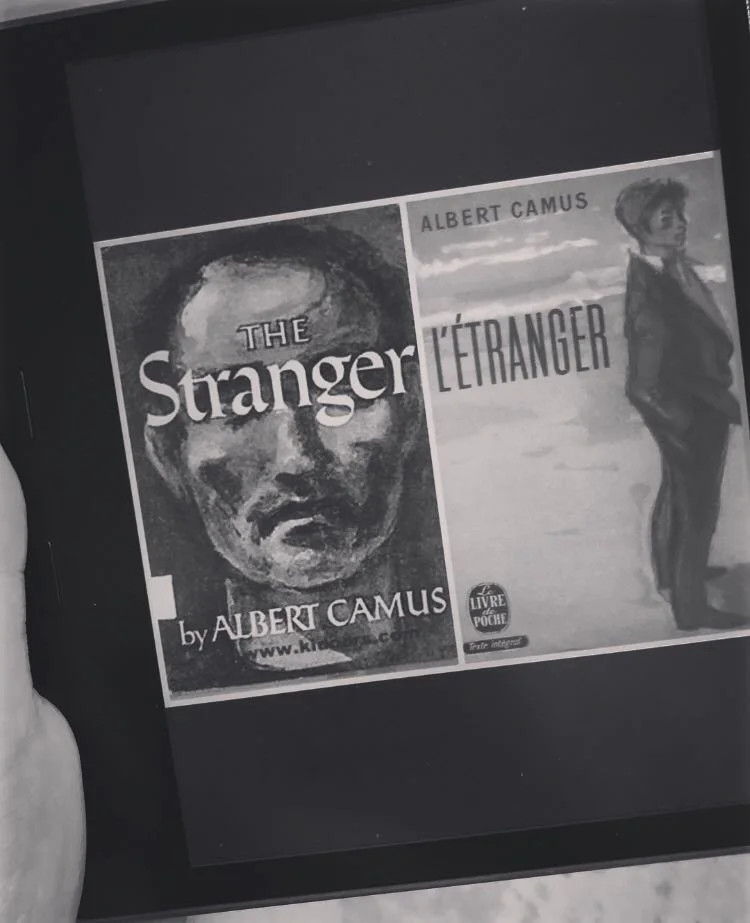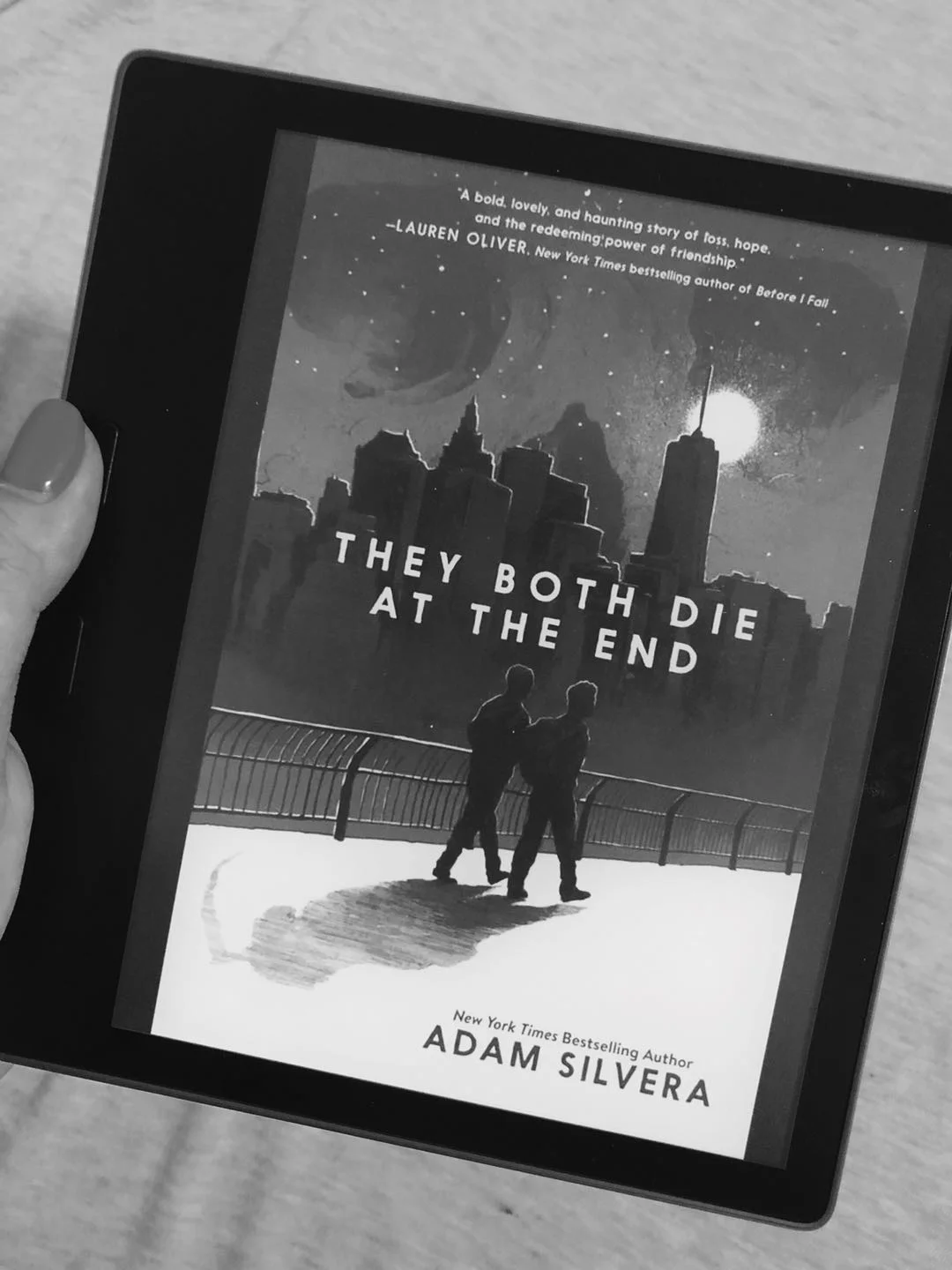The present washed away the past. We forgot the yesterday where the Silk Roads is the bridges between the East and West where great centres of civilisation rose. Ancient civilisation such as Babylon, Nineveh, Uruk and Akkad in Mesopotamia were famed for their grandeur and architectural innovation. The yesterday where the Silk Roads is where the world’s great religions burst into life, where Judaism, Christianity, Islam, Buddhism and Hinduism jostled with each other. The yesterday where the Silk Roads is the cauldron where language groups competed, where Indo-European, Semitic and Sino-Tibetan tongues wagged along side those speaking Altaic, Turkic and Caucasian. The yesterday where the Silk Roads is where great empires rose and fell, where the after-effects of clashes between cultures and rivals were felt thousands of miles away.



